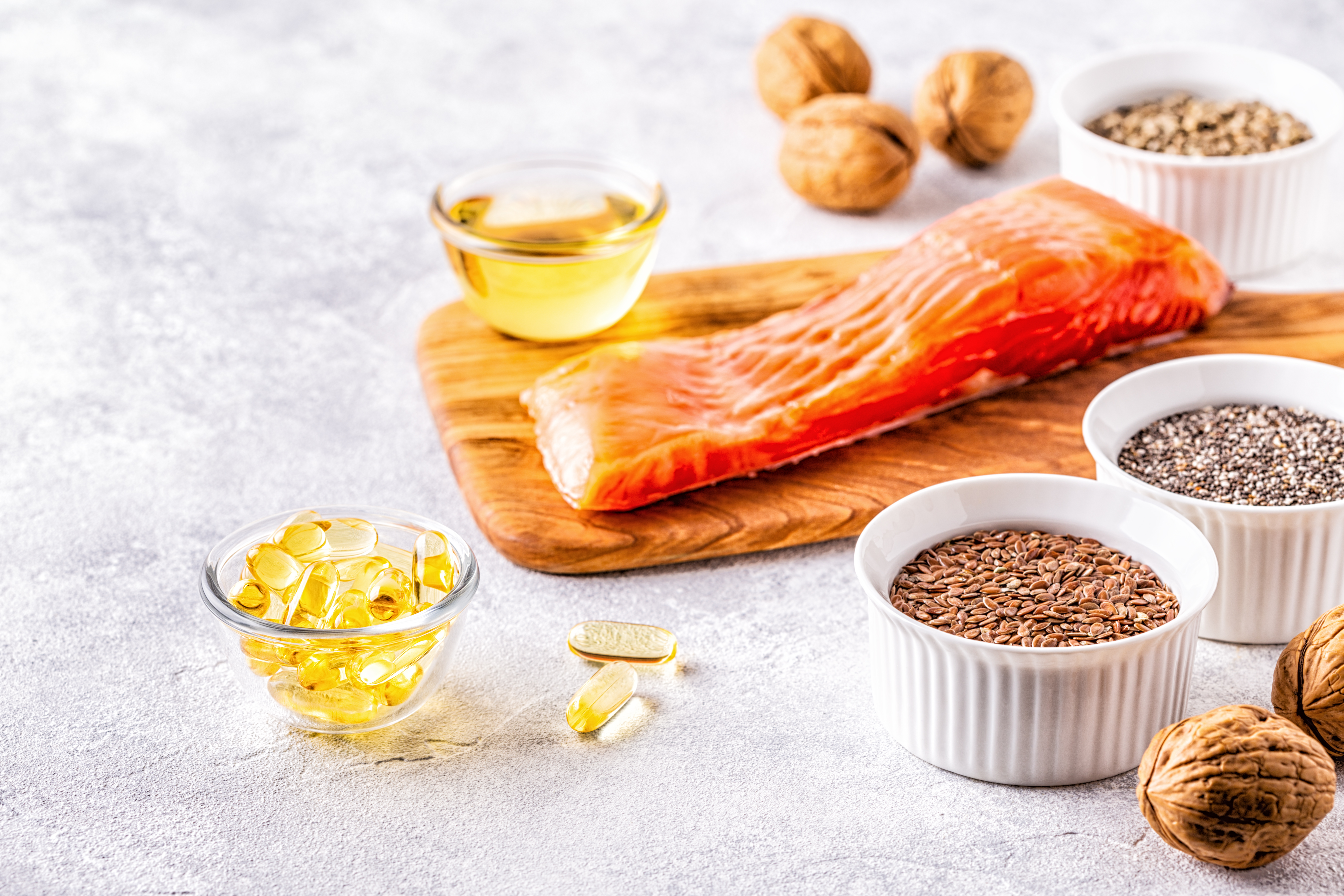Science-Backed Moves to Combat Age-Related Muscle Loss
3. The Importance of Vitamin D for Muscle Health

Vitamin D plays a vital role in muscle health, influencing muscle function and strength. It helps regulate calcium absorption, essential for bone health, which in turn supports muscle function. Deficiency in vitamin D is common among older adults and is associated with muscle weakness and increased risk of falls. Studies have shown that adequate levels of vitamin D can improve muscle strength and reduce the risk of sarcopenia. Sun exposure is a primary source of vitamin D, but factors like geographic location, skin pigmentation, and age can affect synthesis. Dietary sources, such as fatty fish, fortified foods, and supplements, can help maintain adequate levels. Regular monitoring of vitamin D status and consulting with healthcare providers for appropriate supplementation is recommended. By ensuring sufficient vitamin D intake, individuals can support muscle health, enhance physical performance, and reduce the risk of age-related muscle loss.
4. Omega-3 Fatty Acids: Enhancing Muscle Protein Synthesis

Omega-3 fatty acids, found in fish oil and certain plant oils, have been shown to enhance muscle protein synthesis and improve muscle function in older adults. These essential fats possess anti-inflammatory properties that can counteract the chronic inflammation associated with aging, which contributes to muscle breakdown. Research suggests that omega-3 supplementation can increase muscle mass and strength, particularly when combined with resistance training. Fatty fish, such as salmon, mackerel, and sardines, are excellent dietary sources of omega-3s. Plant-based options include flaxseeds, chia seeds, and walnuts. Incorporating these foods into the diet can provide the necessary omega-3s to support muscle health. Supplements are also available for those who may not consume enough through diet alone. By boosting omega-3 intake, individuals can enhance muscle protein synthesis, reduce inflammation, and promote overall muscle health, effectively countering age-related muscle loss.
